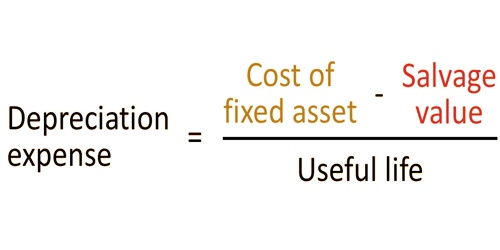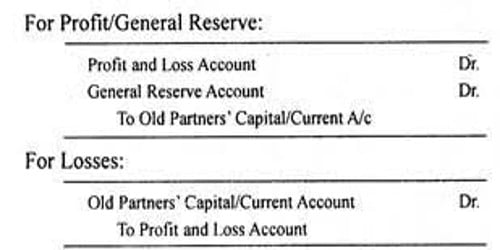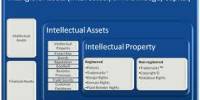Assets with a fixed value in terms of currency units are referred to as monetary assets (e.g., dollars, euros, yen). Every asset has a monetary value; its worth is unaffected by macroeconomic events such as inflation, exchange rate changes, diminished buying power, or demand-supply imbalances. Even when macroeconomic variables like inflation reduce the currency’s buying power, these assets are listed as a constant dollar value. They do not depreciate or appreciate in value since their worth is fixed in terms of money.
As a result, $50,000 in cash now will still be regarded $50,000 a year from tomorrow. Cash, investments, accounts receivable, and notes receivable are examples of monetary assets. The phrase can be narrowed to exclude any assets that aren’t easily convertible into cash (such as long-term investments or notes receivable). Monetary assets are assets that do not vary in dollar terms and have a contractual commitment to deliver a specific number of currency units; in other words, they are static.

However, if the price of products and services changes in general, their purchasing power may alter. A monetary asset can neither become outdated nor increase in market value (appreciation) over time. All monetary assets are classified as current assets and are shown on a company’s balance sheet as such. Some of the most typical monetary assets possessed by a business are:
- Cash: Cash is a form of legal money that may be used to exchange products, services, or debts. They might take the shape of cash or coins. Although the buying power of cash is not impacted by macroeconomic factors such as inflation, it does have a set quantity of value.
- Bank Deposits: The money that a person puts with a bank or other financial organization is referred to as a bank deposit. This deposit can be placed in a variety of accounts, including checking, savings, and money market. These are handled as if they were monetary assets. Money can be withdrawn from these accounts as and when needed, similar to a set cash sum.
- Trade Receivables: The amount owing to the firm by its customers for items supplied for which payment has not yet been collected from the customers is referred to as trade receivables. Even if the value of the products sold changes at the time of payment, the amounts to be received against them will stay the same and will not change.
- Other Receivables: They are to be settled in cash, and their value does not fluctuate over time.
- Investments in Debt Capital: The investment in debt capital will stay constant at the time of maturity and will not vary with the passage of time.
Monetary assets will lose value in an inflationary environment unless they are invested in interest-bearing or appreciating assets that generate returns that are equal to or greater than the rate of inflation. Two key characteristics of monetary assets include:
- Change in real terms: In dollar terms, monetary assets are fixed, but in real terms, they are susceptible to change (i.e., a relative change in buying power). For example, a $100 bill now only gets you two dozen apples, when it used to get you three dozen. This indicates that, despite the fact that the dollar amount remains the same, there has been a 33% decrease in actual terms.
- Restatements in financial statements: They are not susceptible to a financial statement restatement of their reported value. A non-monetary asset, such as land, on the other hand, may depreciate or appreciate depending on market conditions.
A monetary asset, on the other hand, does not have its value restated in the financial statement. One year ago and now, a trade receivable will be recorded at $1,000. As a result, monetary assets do not require a periodic restatement of value. Despite the fact that, if the first figures are in units of unfamiliar cash, the worth of financial resources should be rehashed by the predominant conversion scale on the end date.
Fixed assets, for example, are not considered monetary assets since their values depreciate with time. Preferred stock investments are considered as monetary assets if the contract contains a condition requiring the issuing corporation to redeem the preferred stock after a specific period of time, much like debt. Otherwise, preferred stock investments will be considered as non-monetary assets.
Information Sources:
















